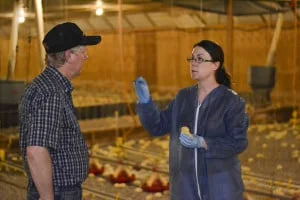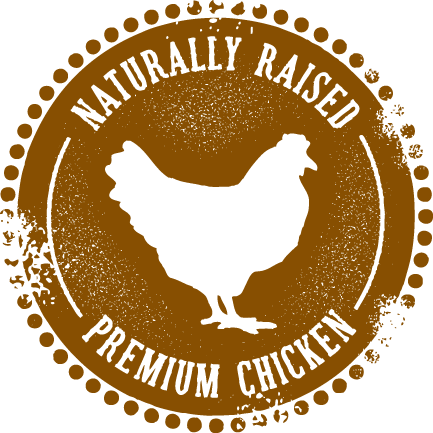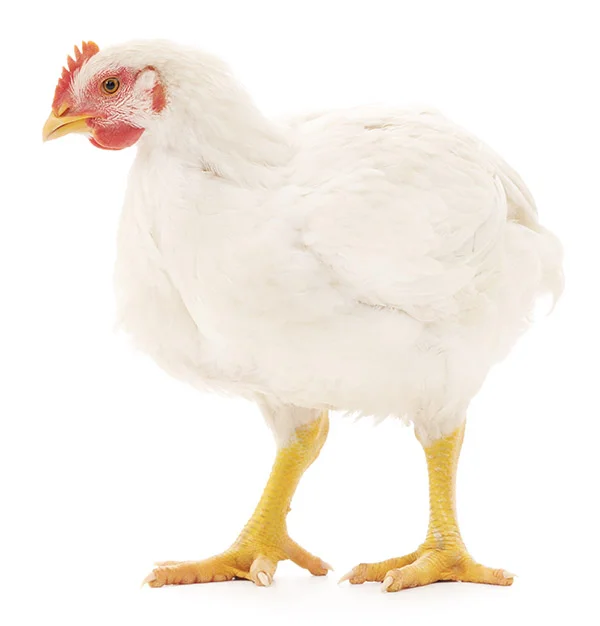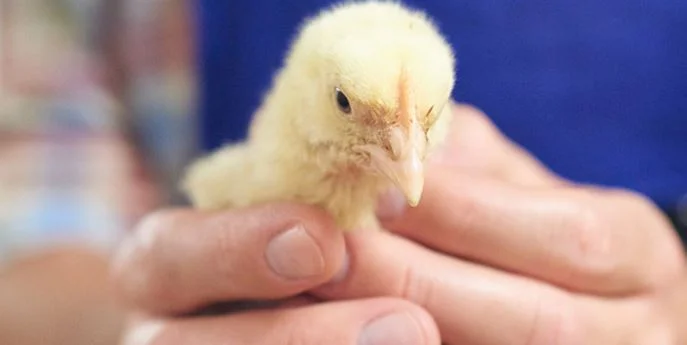Families can expect to pay record high prices at the grocery store for turkey this upcoming holiday season thanks to the impacts of the bird flu and inflation. American Farm Bureau Federation economists analyzed turkey and egg costs in their latest Market Intel.
Read MoreAvian influenza does not present a food safety risk; poultry and eggs are safe to eat when handled and cooked properly. There is no risk to the food supply, but birds from the flock will not enter the food system. No human cases of avian influenza viruses have been detected in the United States.
Read MoreFor chicken farmers, the well-being of the flock goes together with running an environmentally responsible and sustainable farm. The latest tech allows farmers to check for leaks in their waterlines, conserve energy usage, and flag potentially harmful ammonia levels. These efforts reduce waste, runoff and emissions.
Read MoreRaising healthy chickens is important to us, and we recognize that consumers want to better understand how their food is raised.
Read MoreConsumers often get mixed messages regarding some food industry terms. Some of these terms may appear on chicken labels. Here are the facts to help clear up any definition confusion.
Read MoreThanks to a combination of selective breeding and rearing practices, most of today's chickens raised for meat (commonly known as "broiler" chickens) are a much healthier and faster-growing stock than the chickens of a few years ago.
Read MoreChicken nuggets are in fact typically made of the same meat that you see in the supermarket, that is, broiler meat.
Read MoreThe Chicken Guarantees are a set of welfare standards that serve as a benchmark for the broiler chicken (chicken raised for meat) industry – and they’re also simple consumer guarantees.
Read More








